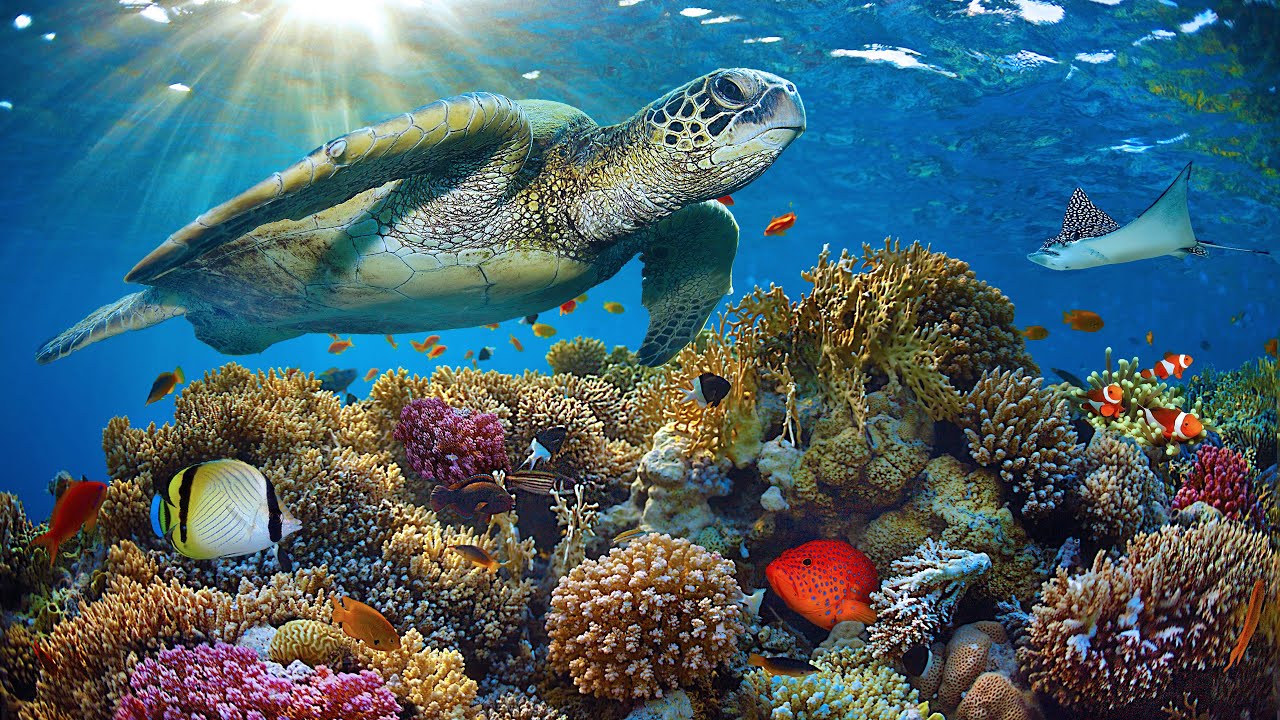What are the problems our oceans are facing? And what can we do?
One of the most urgent problems facing the ocean now is plastic pollution. Reducing one-use plastic, including plastic bags and plastic bottles, has been an important theme for World Oceans Day for several years. Rising sea temperatures have a direct influence on weather patterns and are seen as partly responsible for an increase in extreme weather conditions.
Climate change arguably presents the greatest threat to ocean health. It is making oceans hotter, promoting acidification, and making it harder to breathe in them by reducing dissolved oxygen levels.
Today, only 2% of our global oceans are included in strongly protected marine parks. Scientists estimate we may need to protect 30% of the oceans to provide properly for the future of ocean wildlife and ocean health.
The ocean drives global systems that make the Earth habitable for humankind.
Saving our ocean must remain a priority. Marine biodiversity is critical to the health of people and our planet. Marine protected areas need to be effectively managed, well-resourced and regulations need to be put into place to reduce overfishing, marine pollution, and ocean acidification.











